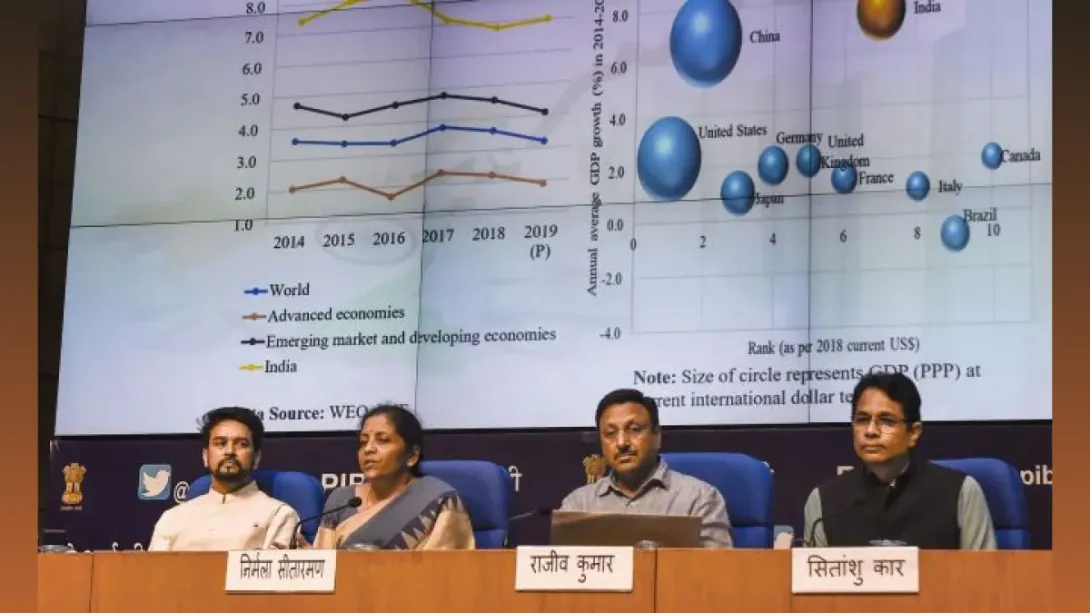India’s capital markets are actively seeking tax relief and policy incentives in the upcoming Budget 2026-27 to boost investor participation and market liquidity. Industry associations and stakeholders are advocating for measures such as reduced capital gains tax, enhanced exemptions for long-term investments, and incentives for mutual funds and startups. Analysts note that targeted tax reforms could stimulate retail and institutional investment, strengthen market depth, and enhance India’s attractiveness as a global investment destination. The dialogue underscores the sector’s role in economic growth, capital formation, and job creation, emphasizing the need for fiscal policies that align market development with broader economic objectives.
Market Expectations Ahead of Budget 2026-27
Capital market participants are urging the government for targeted fiscal measures that can accelerate investment flows. Proposed interventions include:
- Reduction in capital gains tax on equities and debt instruments.
- Enhanced tax incentives for mutual funds, retirement savings, and startup investments.
- Simplified compliance frameworks to encourage retail participation.
These measures are expected to improve market liquidity and attract both domestic and foreign investors, reinforcing India’s capital market ecosystem.
Rationale for Tax Incentives
Industry experts argue that tax-friendly policies can stimulate long-term investment, promote wealth creation, and deepen financial markets. With domestic retail participation still below potential, easing tax burdens could incentivize savings migration into equity and debt instruments rather than traditional low-yield assets.
Analysts also highlight that targeted tax reforms could enhance capital formation, support corporate growth, and create employment, aligning fiscal policy with broader economic development objectives.
Stakeholder Recommendations
Market bodies are recommending several strategic measures:
- Lower capital gains rates for long-term investors to encourage retention.
- Incentives for startup and SME investments to boost innovation financing.
- Tax breaks for ESG-focused funds to support sustainable investing initiatives.
These recommendations reflect a desire to balance investor interests with national economic priorities, fostering a vibrant and resilient capital market ecosystem.
Potential Economic Impact
If implemented, proposed tax incentives could significantly boost market participation, enhance trading volumes, and deepen liquidity across equities, debt, and mutual fund segments. Analysts anticipate that a favorable fiscal regime could also attract foreign portfolio investments, increasing India’s global financial integration.
The budget’s approach to capital market taxation will likely shape investor confidence, corporate fundraising strategies, and the trajectory of India’s financial sector growth.
Outlook for Investors and Policymakers
As Budget 2026-27 approaches, market participants remain cautiously optimistic that policy measures will support capital market expansion. Stakeholders emphasize the need for transparent, predictable, and long-term tax frameworks that encourage participation while ensuring fiscal prudence.
Strategically aligned incentives could position India as a preferred investment destination, driving both domestic wealth creation and global financial engagement.

Comments